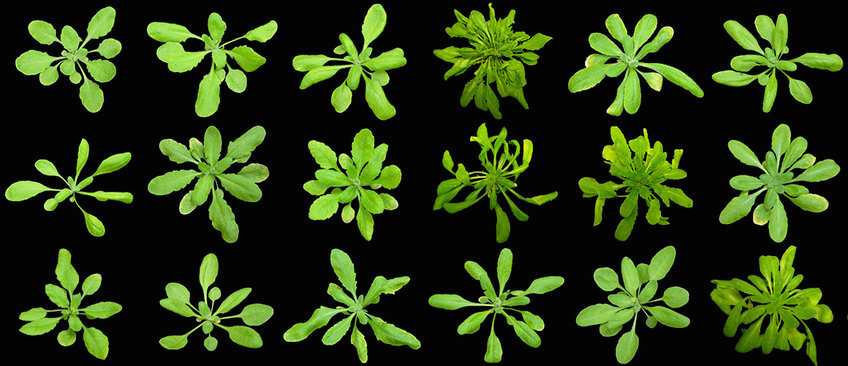
Evolution
Without evolution there is no life
"Nothing in biology makes sense except when viewed in the light of evolution." This is the famous title of a 1973 article by Theodosius Dobzhansky, in which the Russian-American evolutionary biologist describes evolution as the means by which God created life on earth. But what exactly is evolution?






















